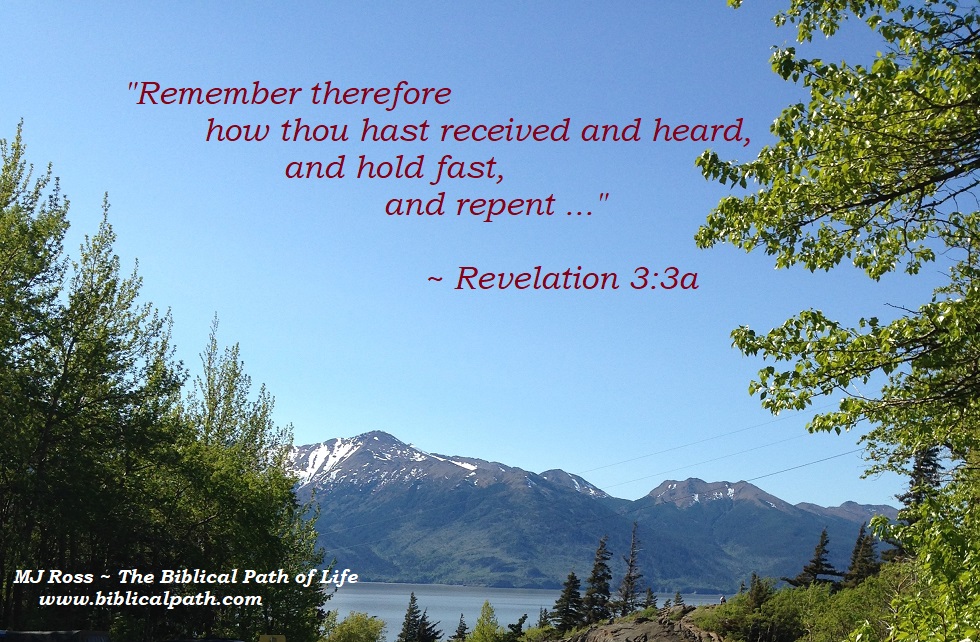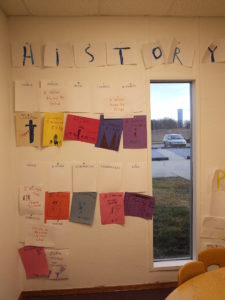
2 Peter 1:13
As you read the following verse, think of your favorite Bible teacher. “Yea, I think it meet, as long as I am in this tabernacle, to stir you up by putting you in remembrance” (2 Peter 1:13). The word tabernacle means “the body as a frail tenement of the soul”; stir you up means “of the mind; to excite.” The job of a good teacher (in their frailty), is to stir up their students (excite them) by putting them in remembrance (to help them remember the heroes of our faith). A good teacher’s goal should be to excite students to learn of these great men and women in the Bible. One fun way to learn is in the remembrance of some of the people listed in the genealogies in the Old Testament – even learning of a few new people along the way.
Many people skip over the genealogies listed in the Bible. They can seem tedious and somewhat boring. However, sometimes when one reads the genealogies, there is an interesting interjection. See the following example: “9. And Jabez was more honourable than his brethren: and his mother called his name Jabez, saying, Because I bare him with sorrow. 10. And Jabez called on the God of Israel, saying, Oh that thou wouldest bless me indeed, and enlarge my coast, and that thine hand might be with me, and that thou wouldest keep me from evil, that it may not grieve me! And God granted him that which he requested” (1 Chronicles 4:9-10). Notice that this child was born in sorrow. In his name, Jabez (this name meaning “to grieve; sorrowful”), his mother doomed him to remember that fact for all of his life. It would behoove all children to remember that it is in much pain and sorrow that each and every child is brought into this world (remember Genesis 3:16a: “Unto the woman he said, I will greatly multiply thy sorrow and thy conception; in sorrow thou shalt bring forth children …”). In that remembrance, due respect and honor should be given. “Honour thy father and thy mother, as the LORD thy God hath commanded thee; that thy days may be prolonged, and that it may go well with thee, in the land which the LORD thy God giveth thee” (Deuteronomy 5:16). Moreover, read what Jesus said in Matthew 15:4: “For God commanded, saying, Honour thy father and mother: and, He that curseth father or mother, let him die the death.”
Jabez took an important step that changed his life: he called upon the God of Israel. Over and over we can read in the Bible where God wants people to call upon Him – for He promises that He will answer. “For what nation is there so great, who hath God so nigh unto them, as the LORD our God is in all things that we call upon him for?” (Deuteronomy 4:7). In addition, “The LORD is nigh unto all them that call upon him, to all that call upon him in truth” (Psalm 145:18). Knowing these truths, see what Jabez asked of God:
- “… Oh that thou wouldest bless me indeed,
- and enlarge my coast,
- and that thine hand might be with me,
- and that thou wouldest keep me from evil, that it may not grieve me!”
The word grieve in this verse means “the same as the great sorrow God felt when He looked down upon sinful man in Genesis 6 – just before He destroyed the earth by a flood. It also comes from the same word as “sorrow” in which his mother bore him.” From this definition, we can understand that Jabez wanted no more sorrow in his life. Instead, he wanted God’s blessings to be upon his life.
“… And God granted him that which he requested” (1 Chronicles 4:10).
Christians should learn the importance of calling out to God for His blessings upon our lives, being willing to obey His commands (think of Jabez). It is only then that we can recognize as God blesses our lives.
Do you call out to God, asking for God’s blessing to be upon your life?

